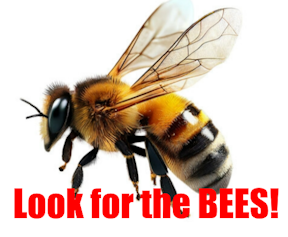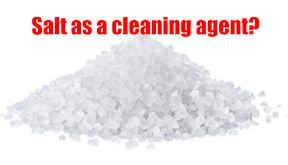HummerNectar Benefits: Optimal Sugar Ratios for Bird Health
The Science Behind HummerNectar: Sugar Ratios, Feeder Hygiene, and Bird Health
HummerNectar is more than just a sweet treat for hummingbirds; it’s a carefully balanced solution designed to mimic the natural nectar these tiny birds crave. Understanding the science behind HummerNectar, including the optimal sugar ratios, the importance of feeder hygiene, and how these factors directly impact bird health, can help backyard bird enthusiasts provide a safe and nourishing environment for these fascinating creatures.
The Ideal Sugar Ratios in HummerNectar
One of the key scientific principles behind HummerNectar is the precise sugar-to-water ratio. In nature, hummingbirds feed primarily on floral nectar, which generally contains a sugar concentration ranging from 15% to 25%. Commercial nectar formulas like HummerNectar are engineered to replicate this concentration so that it provides the right amount of energy without harming the birds.
Too much sugar in the solution can lead to several issues. A nectar mixture that is too concentrated is harder for hummingbirds to digest and can promote the growth of harmful microorganisms in the feeder. On the other hand, a solution that is too diluted may not supply enough calories to sustain the hummingbirds’ high metabolism, requiring them to expend more energy to feed.
Typically, the recommended ratio for homemade nectar—and what HummerNectar closely follows—is about one part white granulated sugar to four parts water. This balance ensures hummingbirds receive adequate energy to support their rapid wing beats and energetic flights, while also maintaining an environment discouraging the growth of mold and bacteria.
Why Feeder Hygiene Is Crucial for Bird Health
While providing the correct sugar ratio is essential, feeder hygiene plays an equally important role in protecting hummingbirds’ health. Dirty feeders can quickly become breeding grounds for harmful fungi, bacteria, and mold, which can cause serious illnesses like fungal infections or even lead to lethal conditions such as “nectar rot.”
HummerNectar emphasizes the importance of regular feeder cleaning. Experts recommend washing feeders thoroughly at least once a week—more often in hot weather or during periods of heavy hummingbird activity. Using hot water and a mild soap or a weak bleach solution, followed by a thorough rinse, helps to eradicate any pathogens and prevents contamination.
It’s also critical to avoid using honey, artificial sweeteners, or red dyes in the nectar mixture, as these can promote microbial growth or be toxic to hummingbirds. HummerNectar is formulated without dyes and relies on pure sugar to keep it safe and nutritious.
How HummerNectar Supports Bird Health
The careful design of HummerNectar takes into account not just the nutritional needs of hummingbirds but also overall bird health. By providing an accurate sugar concentration, the nectar fuels the birds’ energy demands while helping to prevent microbial overgrowth. The absence of additives such as dyes and preservatives reduces the risk of toxicity or allergic reactions.
Additionally, clean feeding stations reduce stress on hummingbirds, allowing them to spend more time feeding and less time avoiding illness. Healthy birds exhibit better plumage, more vibrant colors, and higher breeding success rates, which ultimately contributes to the sustainability of hummingbird populations.
Moreover, the use of commercially prepared nectar like HummerNectar ensures consistency in quality and safety, compared to widely varying homemade solutions. This consistency is particularly beneficial for amateurs or new feeders who may lack detailed knowledge about the proper preparation and maintenance.
Tips for Maximizing the Benefits of HummerNectar
To get the most out of HummerNectar and promote hummingbird health, consider the following tips:
-
Clean Feeders Regularly: Even the best nectar won’t help if feeders are dirty. Aim for weekly cleanings and more frequent if you notice debris or cloudiness.
-
Use Fresh Nectar: Replace nectar every 3-5 days, especially in warm weather, to avoid fermentation and spoilage.
-
Place Feeders in Shaded Areas: Minimizing heat exposure slows the growth of harmful microorganisms.
-
Monitor for Mold or Cloudiness: If the nectar becomes discolored or develops mold, discard it immediately and clean the feeder.
-
Avoid Homemade Mixtures with Additives: Stick to pure sugar-water mixtures or trusted commercial products like HummerNectar for safety.
Conclusion
The science behind HummerNectar offers backyard bird lovers a reliable way to support hummingbirds by replicating the natural sugar concentration found in floral nectar and promoting good feeder hygiene. Maintaining the correct sugar ratios and keeping feeders clean are essential for preventing disease and ensuring hummingbirds thrive, resulting in a healthier and more vibrant hummingbird population. By understanding and applying these principles, you can enjoy the beauty and energy of hummingbirds while contributing positively to their welfare.






